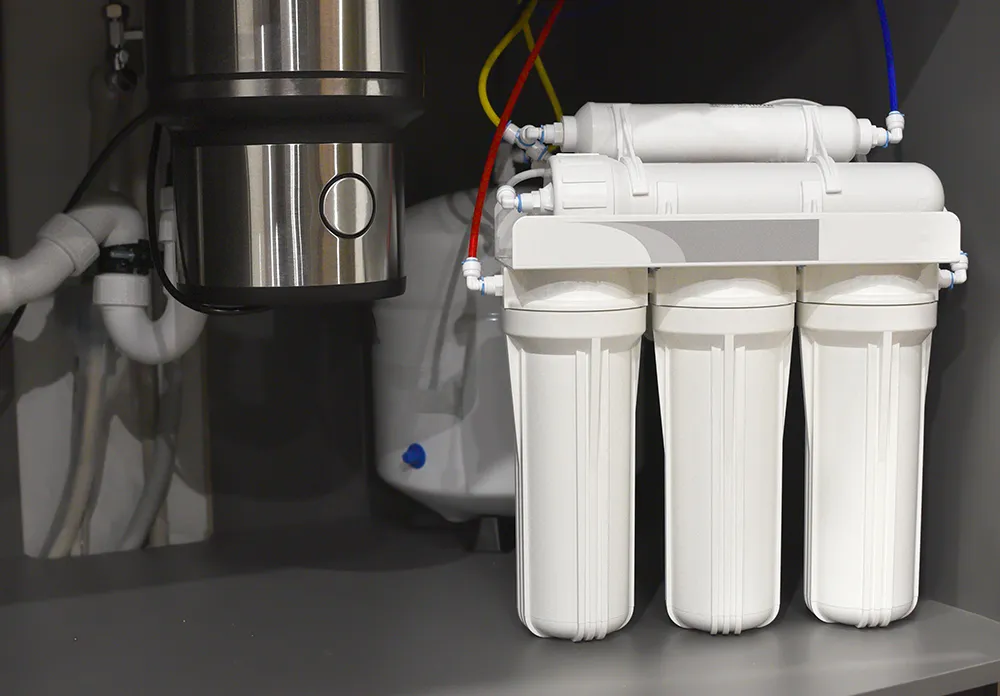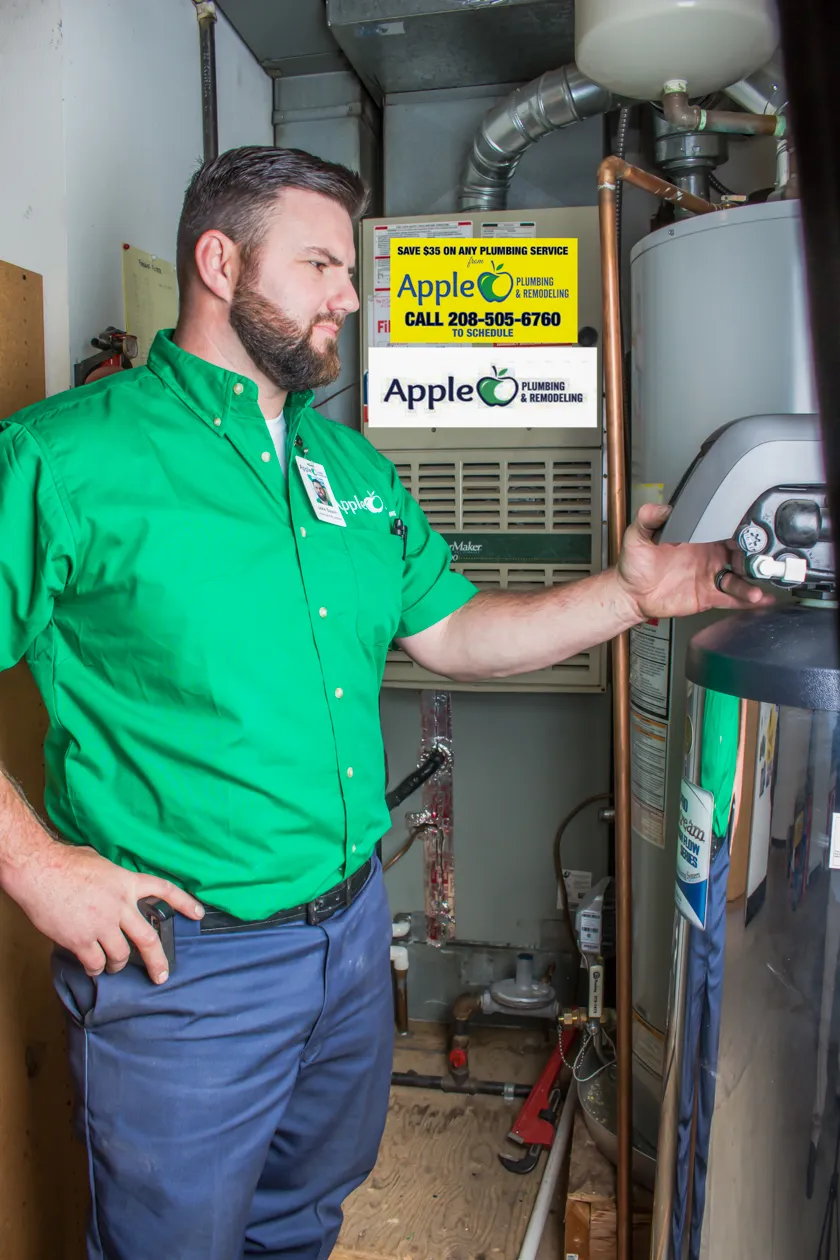There are two primary goals for water treatment systems;
Remove unhealthy contaminants, and/or remove destructive materials that affect your plumbing system and appliances. Removing unhealthy contaminants, such as chlorine, is commonly referred to as water filtration. Removing materials harmful to your plumbing (calcium and magnesium) is often referred to as softening water.
Most homes have some level of water impurity, and even if they aren’t dangerous, wouldn’t you feel much better if they weren’t there anymore? Professional water treatment will enable you to comfortably use every faucet in your home, anytime you like.
Water Treatment 101
Did you know that the water in your house (if supplied by municipality) likely has about the same level of chlorine as a swimming pool? Would you regularly drink or bathe in pool water? Probably not. Water filtration is all about removing contaminants from your household water so it is safe for drinking, bathing, washing and cooking. Contaminants and disinfectants (like chlorine) are common in household water and have effects that most people would rather do without. A whole-house water filtration system enables you to use any faucet in the house freely, and the water that comes out will be clean and contaminant-free.
Can you see water spots on shower doors? Calcium build-up on faucets, coffee makers, dishwashers? This is commonly referred to as ‘hard water’. This destructive material is also harming the plumbing you can’t see like inside your water lines and inside your water heater. While hard water is not harmful to people, it wreaks havoc on plumbing. Hard water is result of naturally present materials like magnesium and calcium that is found in our water systems. You can treat hard water and extend the life of your plumbing, fixtures, and appliances by installing a water softener.

